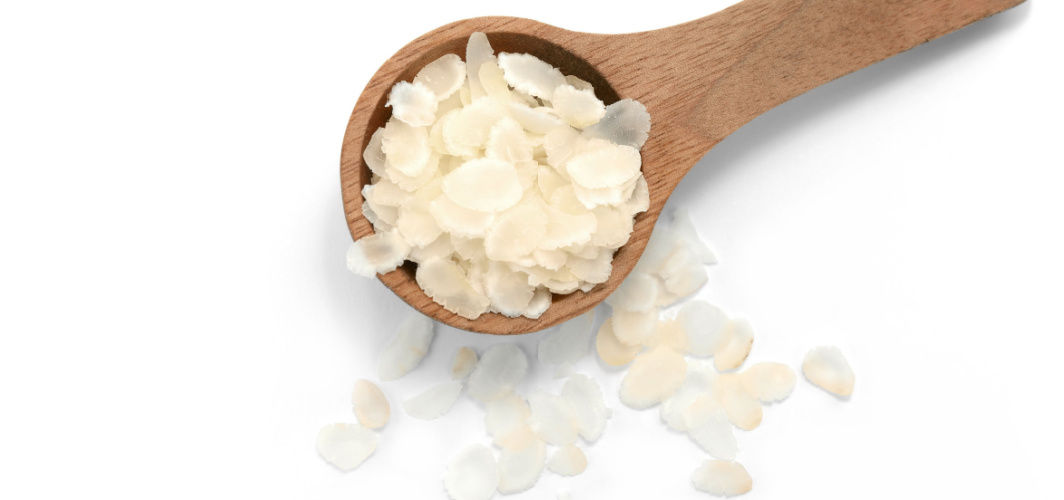Diabetes Management
Healthy Chutney Choices for Individuals with Diabetes
1 min read
By Apollo 24|7, Published on - 17 May 2024
Share this article
0
0 like
.jpg?tr=q-80)
Chutneys are a staple in Indian cuisine, adding flavour and zest to meals. However, for individuals managing diabetes, it's essential to make careful food choices. Thankfully, numerous chutney options can suit your palate without causing a surge in blood sugar levels.
Chutneys that Aid Blood Sugar Management
- Spicy chutney powders, such as idli & dosa powder and karela powder, are diabetic-friendly choices. These powders are often used as accompaniments to Indian snacks.
- Sugar-free imli chutney is another favourable option. Several Brands have designed this product specifically for individuals with diabetes.
Flavourful Choices that Balance Health
- Coriander chutney offers a blend of taste and health benefits. Its primary ingredient, coriander, is rich in vitamins C and K which aid digestion and regulate blood sugar levels.
- Tomato chutney is another low-sodium, cholesterol-free option. It has anti-inflammatory properties that are beneficial for those managing diabetes.
- Mint chutney provides relief from gut issues, making it an excellent choice for individuals with diabetes. It has a cooling effect and promotes healthy digestion.
- Gooseberry (amla) chutney is rich in vitamin C and helps boost insulin secretion and regulate blood pressure, making it suitable for diabetics.
The key factors that make these chutneys diabetic-friendly are the low glycaemic index ingredients, minimal or no added sugar, and the inclusion of mixed spices and ingredients that help regulate blood sugar levels.
On your journey to manage diabetes effectively, remember that the power to control your condition lies in your hands. Making mindful food choices can go a long way in maintaining good health while letting you savour your favourite flavours. So, explore these chutney options and gauge what works best for you. Remember, everyone's body responds differently to food, so monitoring your blood sugar levels and consulting your doctor regularly is crucial.
Diabetes Management
Consult Top Diabetologists
View AllLeave Comment
Recommended for you

Diabetes Management
The Dangers of Diabetic Ketoacidosis
Diabetic ketoacidosis (DKA) is a life-threatening complication of diabetes characterized by high blood sugar, dehydration, and acidosis. It can lead to organ failure, coma, and even death if not treated promptly. Symptoms include excessive thirst, frequent urination, and fruity breath odour. Immediate medical attention is crucial to treat DKA and restore electrolyte balance.

Diabetes Management
Numbness and Tingling: A Sign of Diabetes?
Numbness and tingling in the extremities can be an early warning sign of diabetes. Spiked blood sugar levels can damage nerves, leading to a condition called diabetic neuropathy. It often affects the feet and hands, causing discomfort or loss of sensation. Regular blood sugar monitoring and proper diabetes management are essential in preventing and managing diabetic neuropathy. If you experience these symptoms, consult a healthcare professional for timely diagnosis and treatment to avoid potential complications.

Diabetes Management
Is Poha a Better Alternate than Rice?
Poha (flattened rice) is a better choice than white rice for diabetes. With a low GI (38-64) and high fiber, it minimizes blood sugar spikes. Fiber slows carb digestion, aiding blood sugar control. Nutrient retention, easy digestion, and versatility make it a nutritious option, emphasizing moderation and monitoring individual responses.
Subscribe
Sign up for our free Health Library Daily Newsletter
Get doctor-approved health tips, news, and more.
Visual Stories

8 Fruits That are Incredibly Healthy for Diabetes
Tap to continue exploring
Recommended for you

Diabetes Management
The Dangers of Diabetic Ketoacidosis
Diabetic ketoacidosis (DKA) is a life-threatening complication of diabetes characterized by high blood sugar, dehydration, and acidosis. It can lead to organ failure, coma, and even death if not treated promptly. Symptoms include excessive thirst, frequent urination, and fruity breath odour. Immediate medical attention is crucial to treat DKA and restore electrolyte balance.

Diabetes Management
Numbness and Tingling: A Sign of Diabetes?
Numbness and tingling in the extremities can be an early warning sign of diabetes. Spiked blood sugar levels can damage nerves, leading to a condition called diabetic neuropathy. It often affects the feet and hands, causing discomfort or loss of sensation. Regular blood sugar monitoring and proper diabetes management are essential in preventing and managing diabetic neuropathy. If you experience these symptoms, consult a healthcare professional for timely diagnosis and treatment to avoid potential complications.

Diabetes Management
Is Poha a Better Alternate than Rice?
Poha (flattened rice) is a better choice than white rice for diabetes. With a low GI (38-64) and high fiber, it minimizes blood sugar spikes. Fiber slows carb digestion, aiding blood sugar control. Nutrient retention, easy digestion, and versatility make it a nutritious option, emphasizing moderation and monitoring individual responses.


